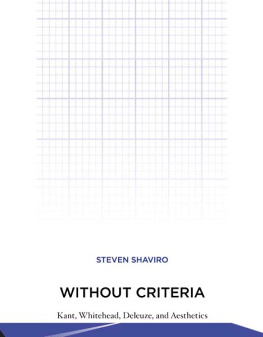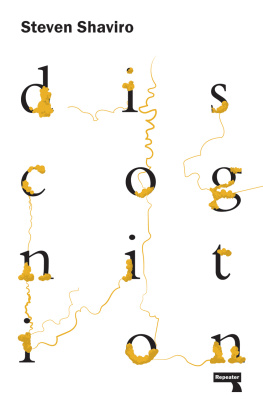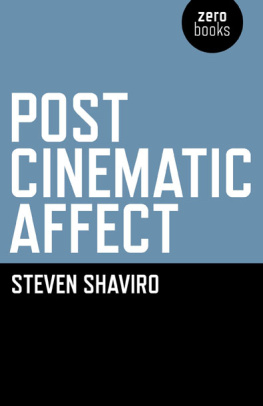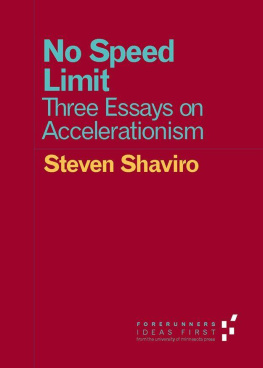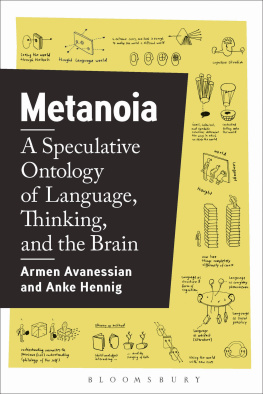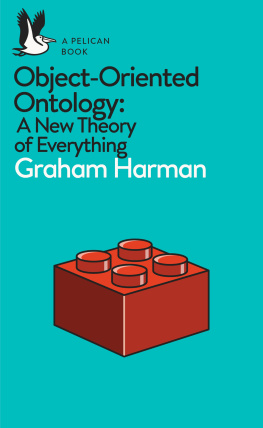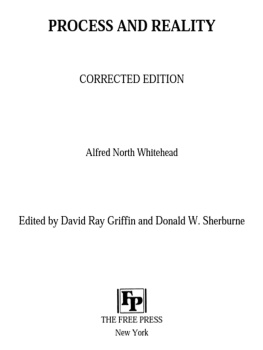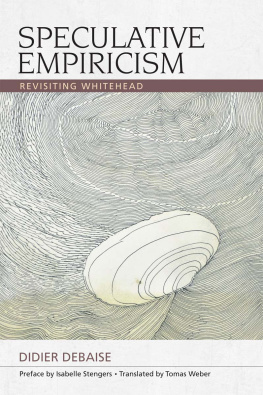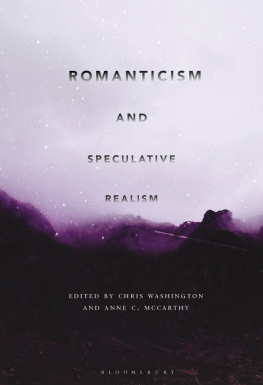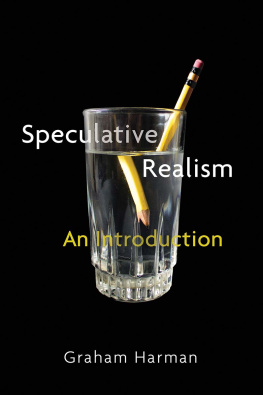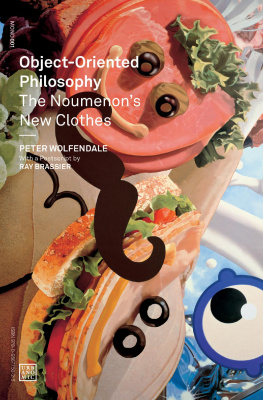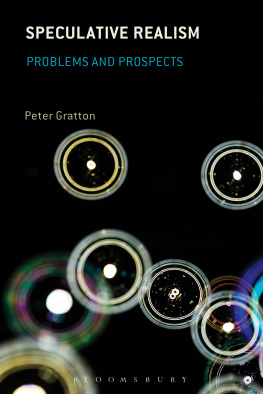Steven Shaviro - The Universe of Things: On Speculative Realism (Posthumanities)
Here you can read online Steven Shaviro - The Universe of Things: On Speculative Realism (Posthumanities) full text of the book (entire story) in english for free. Download pdf and epub, get meaning, cover and reviews about this ebook. year: 2014, publisher: Steven Shaviro, University of Minnesota Press, genre: Science. Description of the work, (preface) as well as reviews are available. Best literature library LitArk.com created for fans of good reading and offers a wide selection of genres:
Romance novel
Science fiction
Adventure
Detective
Science
History
Home and family
Prose
Art
Politics
Computer
Non-fiction
Religion
Business
Children
Humor
Choose a favorite category and find really read worthwhile books. Enjoy immersion in the world of imagination, feel the emotions of the characters or learn something new for yourself, make an fascinating discovery.

- Book:The Universe of Things: On Speculative Realism (Posthumanities)
- Author:
- Publisher:Steven Shaviro, University of Minnesota Press
- Genre:
- Year:2014
- Rating:5 / 5
- Favourites:Add to favourites
- Your mark:
The Universe of Things: On Speculative Realism (Posthumanities): summary, description and annotation
We offer to read an annotation, description, summary or preface (depends on what the author of the book "The Universe of Things: On Speculative Realism (Posthumanities)" wrote himself). If you haven't found the necessary information about the book — write in the comments, we will try to find it.
http://www.librarystack.org/wp-content/uploads/2015/01/61auzGsVThL-240x372.jpg
9781452942827 Read more...
Abstract: From the rediscovery of Alfred North Whiteheads work to the rise of new materialist thought, including object-oriented ontology, there has been a rapid turn toward speculation in philosophy as a way of moving beyond solely human perceptions of nature and existence. Now Steven Shaviro maps this quickly emerging speculative realism, which is already dramatically influencing how we interpret reality and our place in a universe in which humans are not the measure of all things. The Universe of Things explores the common insistence of speculative realism on a noncorrelationist thought: that things or objects exist apart from how our own human minds relate to and comprehend them. Shaviro focuses on how Whitehead both anticipates and offers challenges to prevailing speculative realist thought, moving between Whiteheads own panpsychism, Harmans object-oriented ontology, and the reductionist eliminativism of Quentin Meillassoux and Ray Brassier.The stakes of this recent speculative realist thoughtof the effort to develop new ways of grasping the worldare enormous as it becomes clear that our inherited assumptions are no longer adequate to describe, much less understand, the reality we experience around us. As Shaviro acknowledges, speculative realist thought has its dangers, but it also, like the best speculative fiction, holds the potential to liberate us from confining views of what is outside ourselves and, he believes, to reclaim aesthetics and beauty as a principle of life itself. Bringing together a wide array of contemporary thought, and evenhandedly assessing its current debates, The Universe of Things is an invaluable guide to the [...]
http://www.librarystack.org/wp-content/uploads/2015/01/61auzGsVThL-240x372.jpg
9781452942827
Steven Shaviro: author's other books
Who wrote The Universe of Things: On Speculative Realism (Posthumanities)? Find out the surname, the name of the author of the book and a list of all author's works by series.

